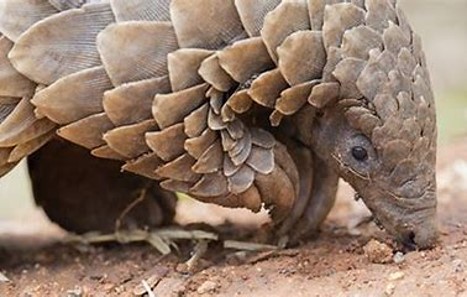

21.02.2020
Author Dr. Emmanuel GROUTEL
Email emmanuel.groutel@gmail.com
NIMEC Laboratory (UPRES-EA 969) IAE de CAEN
Rather than risks, the English speak of uncertainties.
So here we are back in uncertain times.
The first of them: the Coronavirus and still, the Brexit.
Obviously the drama, mainly experienced by China, is in no way comparable from a human point of view to the British decision to leave the European Union. However, these two phenomena have in common the fact that they have a regional and perhaps even global impact. They weaken the edifice. They also reveal political flaws.
In both cases, we are experiencing a crisis of confidence at a time when our globalised economy is increasingly structured according to a hyper-fluidification of logistics, economic and financial chains.
It is clear that the health crisis, generated by the Covid-19 coronavirus, is already causing a drop in consumption in China. It is considerably disrupting supply chains in many sectors of activity: automobile manufacturing, electronics, chemical-pharmaceutical, aeronautics, oil, etc. It follows or even accumulates as a result of the US-China tariff dispute.
On the British side, it is also a plunge into the unknown. No one knows whether the Northern Irish or the Scots will, in fact, validate the exit. No one knows whether agreements will be established with the UK’s international partners. As Novethics points out (3/2/20): « Once the tears of departure have been wiped away and the European flags have been put away, it is finally time to ask questions about the economic model that Boris Johnson wants for this England which is casting off without announcing either the route it is taking or the course it is heading towards ».
In both cases, we know neither a date nor a measure of the impact.
Markets are already being affected, including the lumber market. To buy, store, manufacture, it is necessary to have confidence in the future. It is also essential to have financial means. How long will the cash flow of Chinese companies last?
We experienced a major systemic risk with the 2008 crisis, caused by the madness of the indebtedness of the weakest American households. Aren’t we experiencing another crisis of the same order? The one that consisted in betting everything on China.
For African countries, we can only hope, in the short term, that this virus does not spread to countries with fragile health systems.
In this context, hoping for the best in both cases, there is, however, every reason to believe that a distribution of markets is necessary precisely to avoid the greatest uncertainties.
Conclusion

The symbol we can remember for the Chinese crisis is the pangolin. This animal is one of the most poached in the world. And this, for the benefit of a few. In fact, most of the Chinese had nothing to do with this massacre. We’ve learned that this same pangolin is a possible host for the coronavirus. Will what happens next be wise? Full protection for this animal? Will the pangolin’s coveted scales finally protect it? Will we learn from these events?